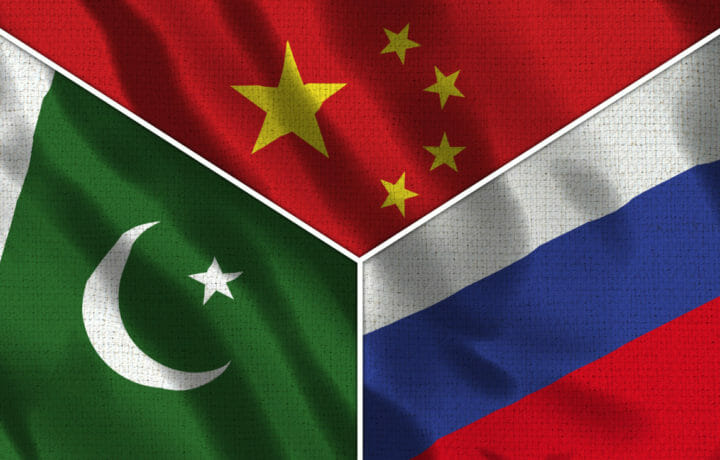Many have been warning since 2020 that a NATO defeat in Afghanistan at the hands of the Taliban-Haqqani network would have global repercussions. Pakistan backed and based Taliban-Haqqani fighters and leaders for 20 years openly betraying their supposed NATO friends. China openly backed Pakistan as they continued to support terrorism and provoke India. Russia watched with a grin and assisted the Taliban-Haqqani-Pakistan diplomatic goals for years. Russia was hoping that a long-term NATO investment, yet ultimate defeat in Afghanistan would aid Russia’s foreign policy goals.
Apathy Kills
Apathy and an inability to see the obvious signals are what allowed Hitler to rise and terrorize people in Europe, Asia, and Africa. Putin understands how this works. He is not brave or a genius, as much as he is an agent of chaos that enjoys toying with other nations to raise his own prestige. NATO has been very apathetic towards Russia’s provocations, and NATO nations have been selfish for economic reasons instead of putting the long-term security of Europe first.
History Predicts Future
Russia invading Ukraine was not inevitable, but past inactions by other nations emboldened Putin. In 2008 Putin decided on war and invaded Georgia. He set up Russian occupation enclaves and endangered Georgian sovereignty. The world did little to punish Russia or help Georgia recover. In 2014 Putin again bet on war and ordered the theft of the Crimean Peninsula from Ukraine during a Russian invasion. He again set up enclaves. Putin rattled his sword many times after this, but following the NATO defeat in Afghanistan, Putin got the answers he needed about a second war on Ukraine.
NATO Is Better Than This
In 2002 and 2003 my 2-star boss in Kabul was tasked with showing the nations of NATO why they needed to fully commit to helping build security in Afghanistan. I watched NATO get dragged, kicking and screaming, into South Asia. They never truly put their hearts into the effort and that left the United States and the ANDSF bearing the majority of the weight for 20 years. As the NATO retreat began in 2021 after accepting defeat, things turned ugly. The withdrawal turned into a global spectacle and while Afghans suffered, China, Pakistan, and Russia plotted. NATO was so busy trying to gloss over the withdrawal debacle they missed the obvious signs that their enemies had been emboldened by the defeat, not the withdrawal failures.
China-Pakistan-Russia: What Next?
Pakistan’s leader traveled to Russia on the eve of this Russian war and renewed invasion of Ukraine. As Russia was launching a war, Imran Khan was in Moscow placing a wreath on the Russian soldier’s tomb and getting a warm reception from Russian leaders. China was quick to say that NATO and Europe had drawn Putin into his new war on Ukraine. Pakistan is happy with their new team; they are not worried at all about NATO nations punishing them for terrorism support or for their partnership with their old enemy Russia.
China was quick to speak out when PM Johnson invoked Taiwan, in his call to the world to support Ukraine against Russia. The Chinese Foreign Ministers spokesperson said “Taiwan is not Ukraine.” As the world is focused on Russia in Ukraine, many predict that China might make some geographical adjustments as well, and change the rules of sovereignty in its disputed lands and seas. One thing that might easily come from the exchange of favors between team Pakistan-Russia-China is a swapping of recognitions. Pakistan would give anything to get Russia and China to recognize the Taliban-Haqqani terrorists as the government of Afghanistan. Russia could likewise seek Pakistan and China’s recognition of Ukraine or parts of it as legitimately Russian. China would surely accept Pakistan’s and Russia’s recognition of any of their boundary extensions. World Wars have started for much less than this.




